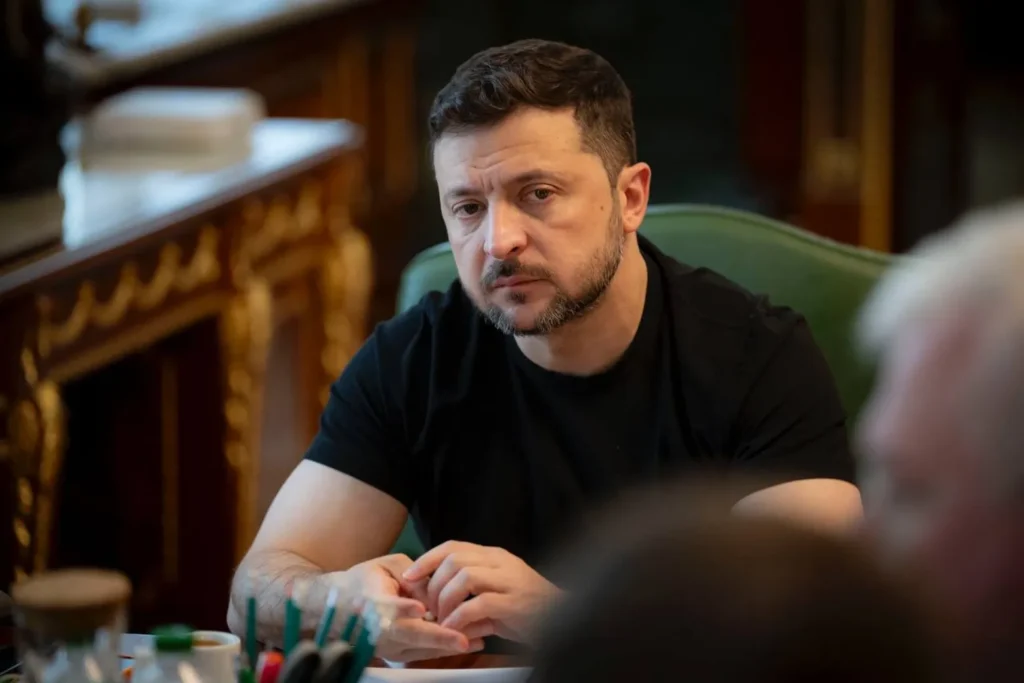Ukraine’s Plan A: peace, but Russia doesn’t want it. Plan B: $60 billion for 2026 from allies — Zelenskyy

As the war grinds on, Ukraine needs hundreds of billions of dollars. Ukrainian President Volodymyr Zelenskyy stated that if the war continues into 2026, the country will lack $120 billion annually to finance defense and recovery.
The Kremlin continues to reject all US proposals to end the war in Ukraine that do not concede to Russia’s full demands, which are regime change and significant territorial concessions and russification, while reiterating calls to eliminate the so-called “root causes” of the war. Meanwhile, the US President Donald Trump administration has not approved any aid package for Ukraine or imposed sanctions on Moscow.
Half of this sum—$60 billion—comes from Ukraine’s budget, while another $60 billion must be secured from other sources, primarily Western partners.
The cost of war for Ukraine
“During the war, the cost of this conflict for one year amounts to $120 billion,” Zelenskyy stressed during a joint briefing with European Parliament President Roberta Metsola in Kyiv.
He added that Plan A is to end the war, while Plan B is to secure $120 billion in funding.
Daily expenses and reliance on partners
Earlier, Chief of the General Staff Andrii Hnatov noted that Ukraine spends about $172 million per day fighting Russia.
The country cannot sustain such costs with its own resources alone, making Western financial support critical, Novini.Live reports.
Russia’s unwillingness to end the war
Despite phone calls from US President Donald Trump to Russian leader Vladimir Putin and his invitation to a summit in Alaska, Russia shows no intention of halting its aggression.
This underscores the need for Ukraine to secure stable and predictable funding for the coming year.
Previously, Reuters reported that Poland, under an EU program, will receive €43.7 billion to strengthen its defense capabilities within the Security Action for Europe initiative. At the same time, Ukraine is sometimes attacked by up to 700 drones in a single night.